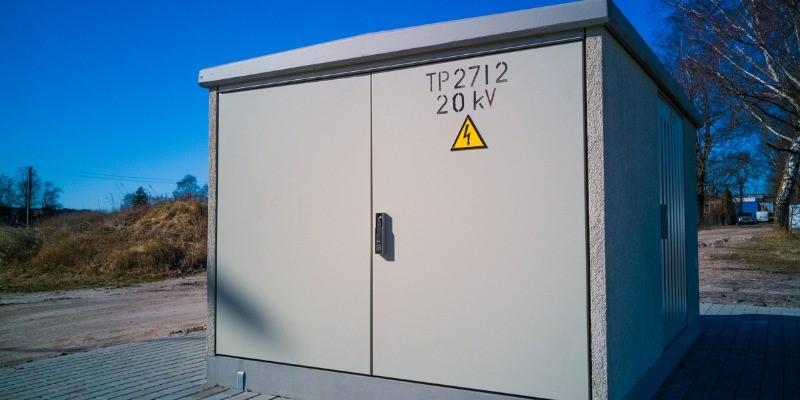
A neutral grounding resistor or neutral ground resistor is an important option for anyone using low and medium-voltage generators and transformers. Every system with a generator, alternator or transformer needs to be grounded to improve safety and prevent damage to people, equipment, and your overall electrical system. Neutral ground resistors are just one option to accomplish this. Discover what you need to know about this excellent option for low and medium-voltage systems.
What is a Neutral Ground Resistor?
Resistors prevent the passage of electrical currents. A neutral ground resistor is supposed to limit the sudden flow of a fault current, specifically, an earth fault. It will lower the ground-fault current to a predetermined value it has been set for. A ground fault is caused by a breaking in the low-resistance path from a tool or electrical system that you’re powering. Typically, these can be dangerous, but a neutral ground resistor can protect from these dangers.How Does a Neutral Grounding Resistor Work?
A neutral grounding resistor will lower the current such that damage is prevented but won’t lower it so much that the protective relays cannot operate. The resistor opposes the flow of the electrical current, up to a point. This can help protect sensitive parts of your equipment. Heavy flow in the winding may otherwise damage your conductor and cause costly repairs or replacement. This resistor is connected between some neutral point of the transformer or other equipment and the ground. Typically, in low-voltage systems, it will be set to a relatively high level, 50 amps or more, to allow current transformers and fault-clearing relays to continue to operate. This limits systems disruptions and allows the fault to be discovered quickly, which also helps to minimize damage to your equipment and helps keep your business or operation running.Advantages of Neutral Ground Resistors
There are many advantages of installing a neutral ground resistor on your equipment. It will:- Protect all equipment in your electrical system.
- Help to keep temperatures within a safe range in the event of a ground fault.
- Supports efforts to ensure personnel safety.
- Save money by reducing damage to equipment, reducing maintenance time and expense.
- Reduce fault frequency.
- Enhancing lightning protection.
When Should You Use a Neutral Ground Resistor?
Does your electrical system require a neutral ground resistor, or could it benefit from one? You should choose neutral ground resistors if:- There is a high risk of arc flashes or electrical shocks.
- High earth return currents can damage your equipment.
- You will have losses due to unplanned downtime.